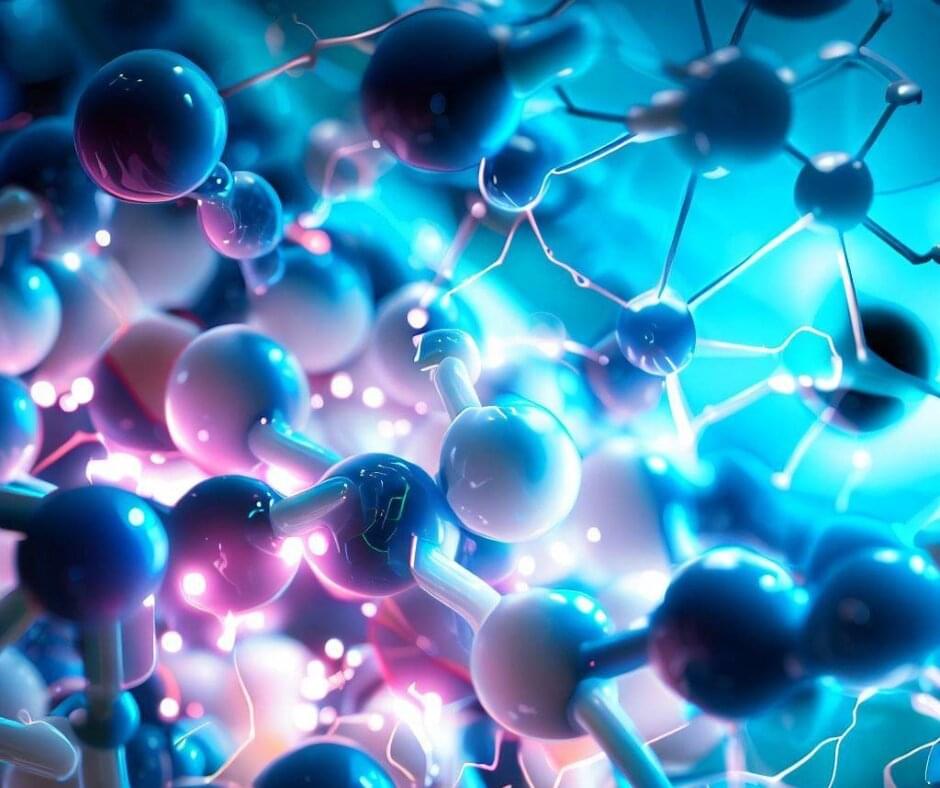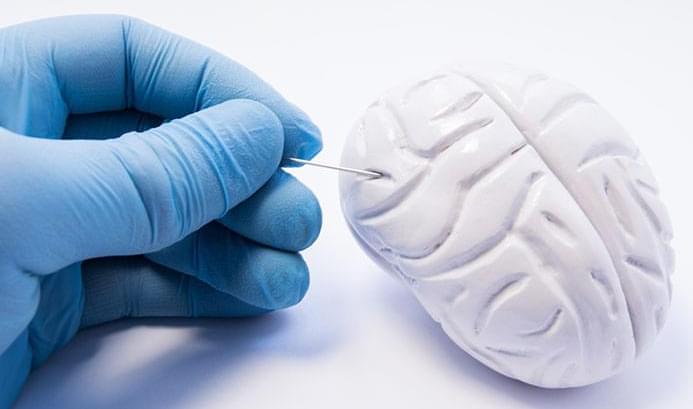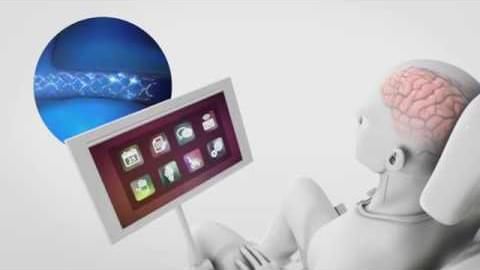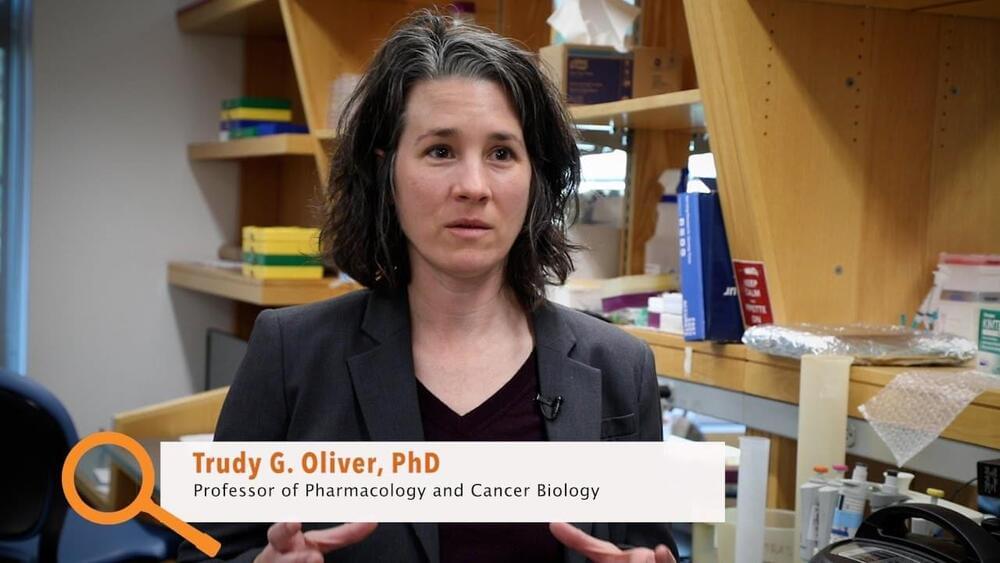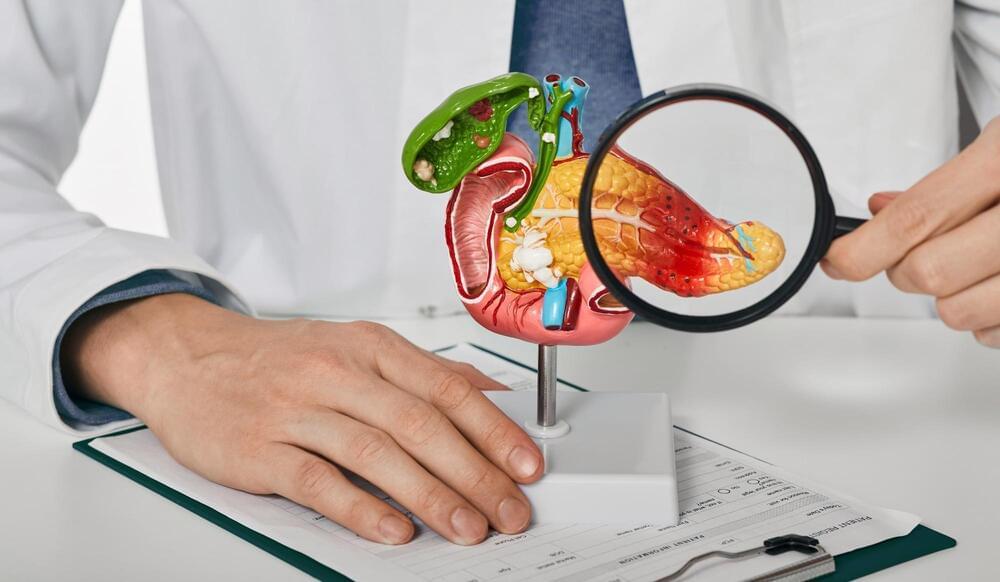Jul 10, 2023
New study challenges conventional understanding of charging process in electrochemical devices
Posted by Paul Battista in categories: biotech/medical, chemistry, computing, health, neuroscience, wearables
A new study by researchers at the University of Cambridge reveals a surprising discovery that could transform the future of electrochemical devices. The findings offer new opportunities for the development of advanced materials and improved performance in fields such as energy storage, brain-like computing, and bioelectronics.
Electrochemical devices rely on the movement of charged particles, both ions and electrons, to function properly. However, understanding how these charged particles move together has presented a significant challenge, hindering progress in creating new materials for these devices.
In the rapidly evolving field of bioelectronics, soft conductive materials known as conjugated polymers are used for developing medical devices that can be used outside of traditional clinical settings. For example, this type of materials can be used to make wearable sensors that monitor patients’ health remotely or implantable devices that actively treat disease.
